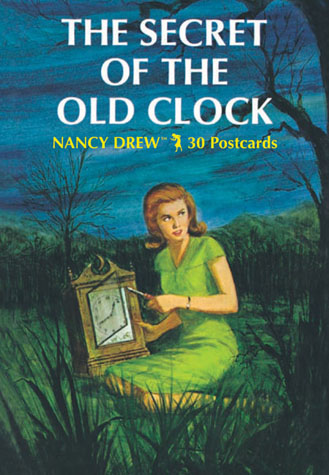"The Scream" by Edvard Munch... we've all had those days.
There always seems to be an overabundance of bad things happening to good people. If you watch or listen to the news, you begin to wonder if anything good ever happens anymore. As a result, many people begin to develop a negative attitude toward life in general. They get a flat tire on their car and suddenly the whole day is ruined. A bad grade on test or lousy performance review means that their whole life is ruined. Their doctor gives them the news that their blood pressure is too high and they're borderline diabetic and it's a tragedy on par with getting the news that they only have a week to live.
Real tragedy is, of course, tragic when it occurs. But many people have gotten into the habit of seeing every minor setback or disappointment through magnified lenses. Sure, it's an annoyance when your order is delivered and it's wrong (especially when you're on a tight lunch schedule) or road construction delays you on your way to work (when you're already running late as it is.) But in the grand scheme of things, just how important, how devastating, how life-changing are such events?
What happens when REAL tragedy strikes? What if that tire didn't go flat until you were on the highway doing 65 mph? What if your boss says your performance is fine but due to cutbacks, you're no longer employed? What if your doctor says it's stage IV cancer? If you can't handle your pumpkin spice latte going out of season or a shopping cart ding in your bumper, how will you be able to deal with the big stuff?
At some point, all of us (myself included) need to learn how to think more positively, even when it seems like everything is going wrong. I mean, seriously, what is "everything" that is going wrong? Is the sun still shining? Are you breathing? Did you have something to eat today, a place to sleep last night? I don't mean to make light of people who live with true disabilities and terminal diseases and are homeless... surely they have reason to complain. But in all honesty, most people I've met who truly are suffering from tragedy have a better outlook and positive attitude than those of us who are merely inconvenienced by day-to-day events of everyday life.
I think we can all learn to be a little more patient with others, with ourselves, and with life in general in spite of the daily speed bumps and irritating quirks and shortcomings. It's amazing how taking a deep breath and just shrugging or laughing off life's little setbacks can make a huge difference in how one deals with life's BIG setbacks. In fact, it changes your whole attitude about everything. You learn to appreciate all the good that goes on around you all the time... and you learn that there is actually more good than bad.
I think it's worth a try. Who's with me on this?
"Turn your face to the sun and the shadows fall behind you."--Charlotte Whitton




















